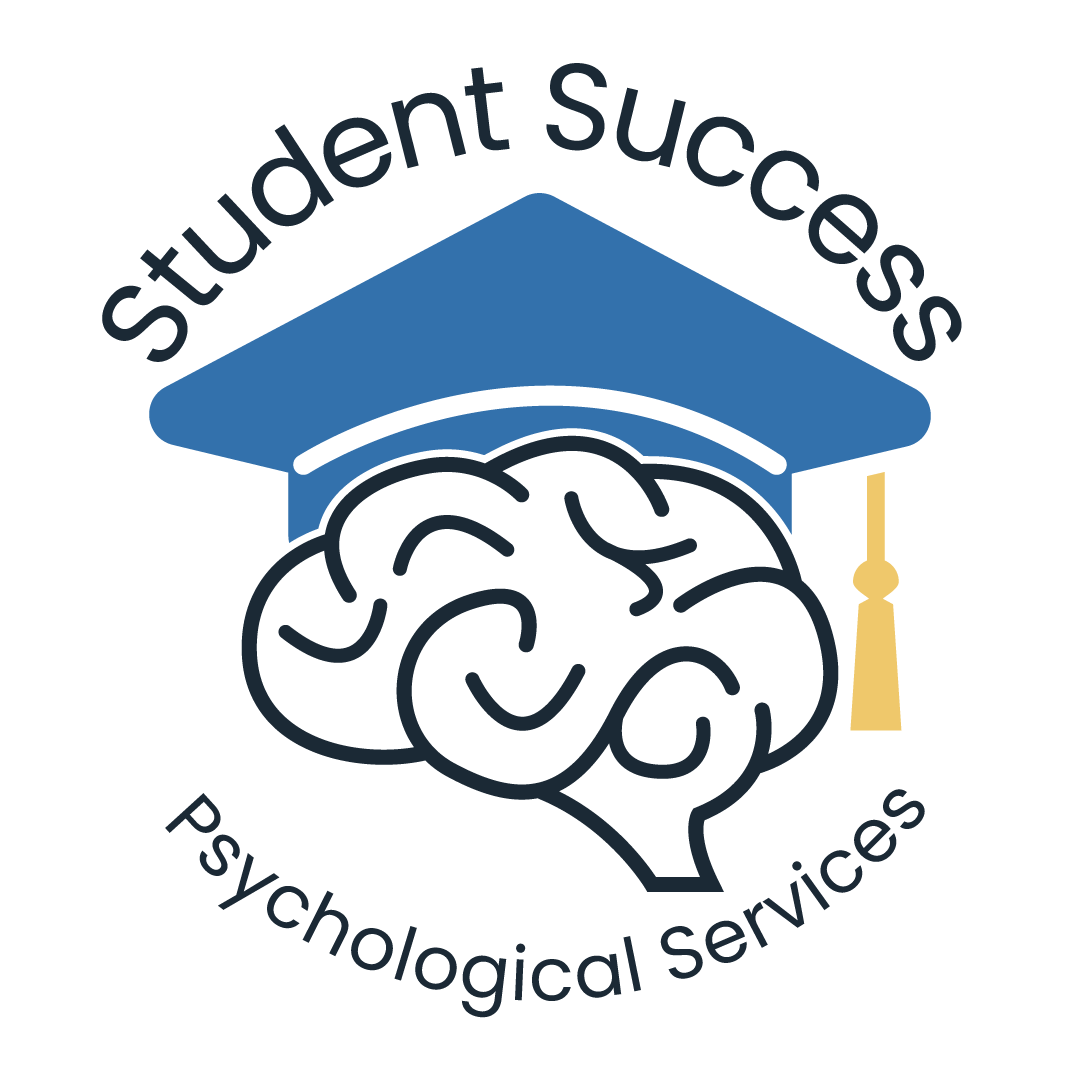Is Your Student Experiencing COVID-19-Related Stress?
According to a study published in School Psychology Review, high school students report experiencing a number of stressors during the COVID-19 pandemic, including those related to quarantine, schoolwork, and fears of illness (Styck et al., 2020). The authors of the journal article had 2,738 Midwestern students from fourth through twelfth grade complete an online survey measuring stress level and stressor categories (e.g., social isolation, schoolwork stress). They found that middle and high school students reported higher levels of stress than elementary students, and female students reported higher levels of stress than male students related to fear of illness and missing events. With the COVID-19 pandemic continuing to create challenges for high school students, this article has implications for monitoring pandemic-related stress among students, promoting education about the pandemic and related stressors, and teaching students strategies for coping with stress.
What Are COVID-19-Related Stressors?
The COVID-19 outbreak was declared a global pandemic in March 2020. This negative, uncontrollable, and unpredictable crisis has impacted students across the nation in a number of ways. It disrupted the daily routines and the predictable structure of school as education shifted online. Schoolwork stress increased as high schoolers experienced difficulty with motivation and concentration with distractions at home. Students were isolated from peers and prevented from participating in social activities, such as sports and school events. Mandates for quarantining created stressors, such as fears of infection, frustration, and family conflict.
Symptoms of Stress
Physical complaints, such as headaches, stomachaches, and fatigue
Difficulty concentrating
Changes in sleep or appetite
Increased irritability and anxiety
Avoidance of schoolwork
Withdrawal from activities they enjoy
Ways to Support Students Experiencing COVID-19-Related Stress
Acknowledge and normalize symptoms of stress related to the COVID-19 pandemic. Recognize your own feelings, name them, and model constructive coping strategies. Take time to check in with your student, listen to how they’re feelings, and let them know you’re there to support them.
Create consistency at home to promote comfort as much as possible. This may include having a schedule for remote schooling and routines for online classes. Regularly review class expectations with your student and ask how you can help when schoolwork seems overwhelming. Communicate with teachers about your student’s progress and areas in which they may need additional support.
Share factual information with your student about the pandemic and appropriate guidelines using evidence-based resources, such as the Centers for Disease Control and Prevention (CDC). Limit your student’s time spent watching the news and using social media. Promote healthy self-care activities, such as hand washing, exercising, eating a balanced diet, and getting plenty of sleep.
Encourage meaningful connections with family and friends while still maintaining appropriate distance. Utilize technology by having virtual gatherings, such as movie or game nights. Focus on engaging in positive experiences with your student, such as cooking, crafting, or hiking. Communicate with your student about who they can go to for social support.
Teach your student to use coping skills when stressed. These strategies may be active (e.g., going for a walk, doing yoga, or dancing to music), relaxing (e.g., deep breathing, taking a break, listening to calming music), creative (e.g., journaling, painting, playing an instrument), or cognitive (e.g., focusing on the present moment, reframing negative thoughts, thinking of things you’re grateful for). Build regular opportunities to practice coping skills with your student into the day.
When your student’s COVID-19-related stress interferes with their educational, social, and/or home life, contact a psychologist who can provide support. Psychologists who use Cognitive Behavioral Therapy (CBT) can help students develop skills for coping with COVID-19-related stressors. Student Success Psychological Services offers online counseling that can help. Click here to learn more.
Find the link to the full research article here: https://doi.org/10.1080/2372966X.2020.1857658
Styck, K. M., Malecki, C. K., Ogg, J., & Demaray, M. K. (2020). Measuring COVID-19-related stress among 4th through 12th grade students. School Psychology Review, 1-16.

